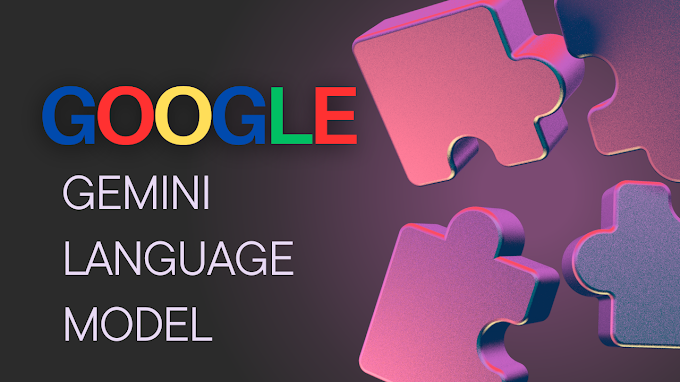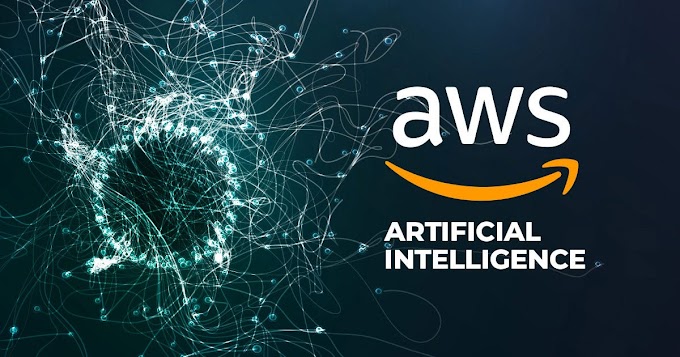Introduction
In the ever-evolving landscape of artificial intelligence
and healthcare, AI emerges as a transformative force, revolutionizing how
we approach medical practices and patient care. This article delves into the
seamless integration of AI into healthcare systems, exploring its profound
impact on diagnostics, treatment, and the overall patient experience.
AI in Diagnostics: Precision at Its Peak
Enhancing Accuracy with Machine Learning
One of the pivotal roles artificial intelligence and
healthcare play is elevating diagnostic accuracy. Through advanced
algorithms and machine learning, AI systems can analyze vast datasets at
speeds unattainable by human counterparts. This results in more precise and
timely diagnoses, crucial in critical medical situations.
Early Detection of Diseases
The ability of artificial intelligence and healthcare
to recognize patterns enables the early detection of diseases, providing a
valuable window for intervention. Whether it's identifying subtle anomalies in
medical imaging or analyzing genetic markers, AI ensures that healthcare
professionals can intervene proactively, potentially saving lives.
Treatment Personalization: Tailoring Healthcare to Individuals
Personalized Medicine with AI
Gone are the days of one-size-fits-all treatment plans. Artificial
intelligence and healthcare empower healthcare providers to tailor
treatments to the unique genetic makeup and medical history of each patient.
This personalized approach not only enhances treatment efficacy but also
minimizes adverse reactions, optimizing the overall patient outcome.
Predictive Analytics for Optimal Results
Predictive analytics, fueled by artificial intelligence
and healthcare, enables healthcare professionals to forecast patient
responses to various treatments. This foresight allows for adjustments in
real-time, ensuring that treatments remain effective throughout the course of
care. The result is a more responsive and adaptive healthcare system.
Streamlining Administrative Processes
Optimizing Workflow Efficiency
Beyond clinical applications, artificial intelligence and
healthcare simplify and streamline administrative processes within
healthcare organizations. From appointment scheduling to billing and coding,
AI-driven solutions alleviate the burden on administrative staff, reducing
errors and enhancing overall workflow efficiency.
Intelligent Automation in Healthcare
Automation through artificial intelligence and healthcare
not only reduces manual workload but also ensures precision and compliance.
Tasks such as data entry, claims processing, and inventory management become
more accurate and time-efficient, allowing healthcare professionals to focus on
patient care rather than bureaucratic tasks.
Ethical Considerations and the Future Landscape
Navigating Ethical Challenges
As artificial intelligence and healthcare become
increasingly integrated into healthcare, it is imperative to address ethical
considerations. Safeguarding patient privacy, maintaining transparency in AI
decision-making processes, and ensuring equitable access to AI-driven
healthcare solutions are paramount in establishing a responsible and ethical
framework.
The Future Landscape of AI in Healthcare
The trajectory of artificial intelligence and healthcare
is pointing towards a future where innovation and collaboration redefine
medical practices. From robotic-assisted surgeries to AI-driven drug discovery,
the possibilities are limitless. Embracing this evolution ensures that the
healthcare industry remains at the forefront of technological advancements.
The marriage of artificial intelligence
and healthcare represents a watershed moment in the evolution of medical
practices. From precise diagnostics to personalized treatment plans and
streamlined administrative processes, AI is revolutionizing every facet of the
healthcare ecosystem. As we navigate the ethical considerations and embrace the
future landscape, one thing is certain – AI is not just a tool; it's a catalyst
for a healthier and more efficient healthcare future.








